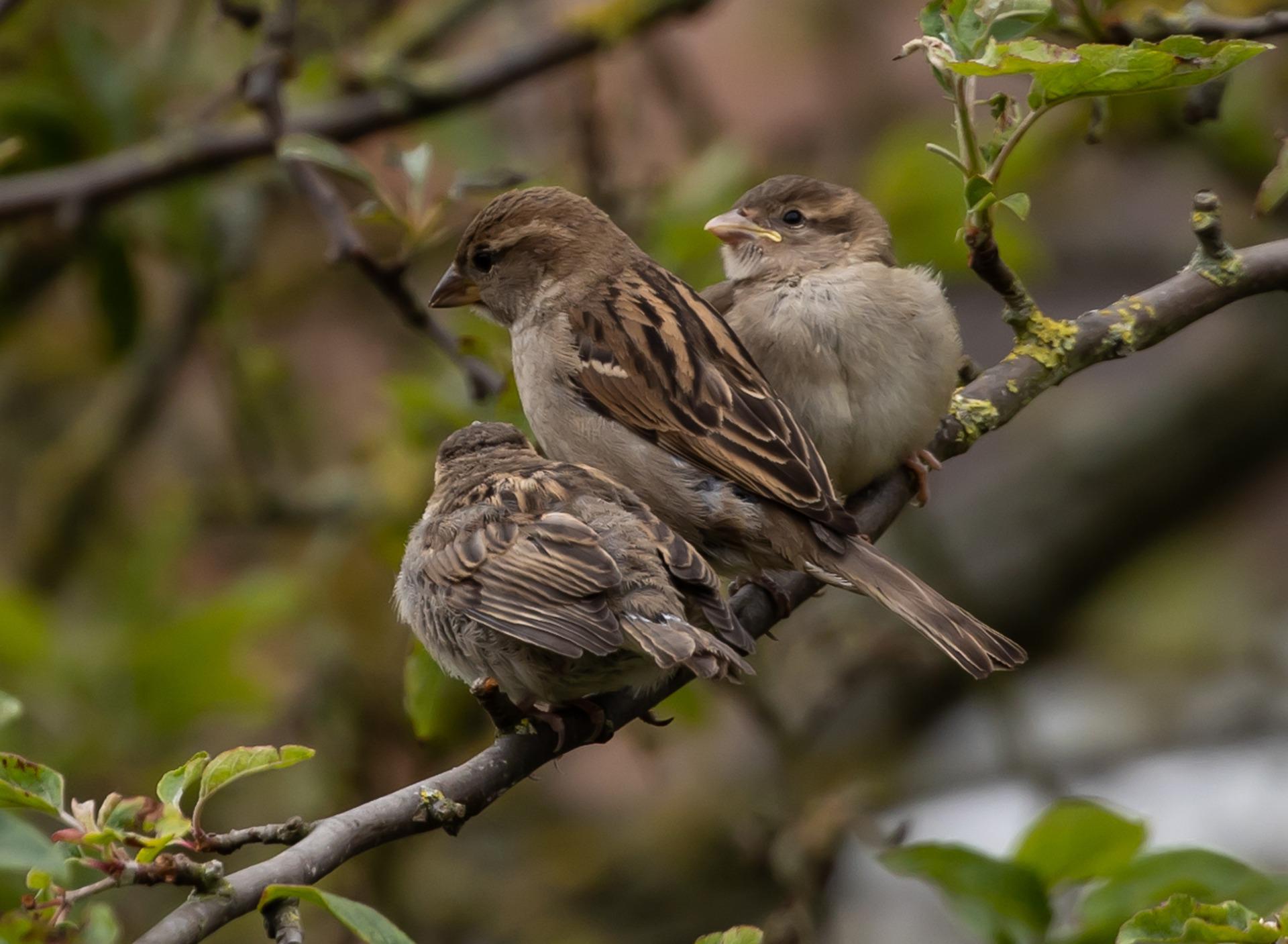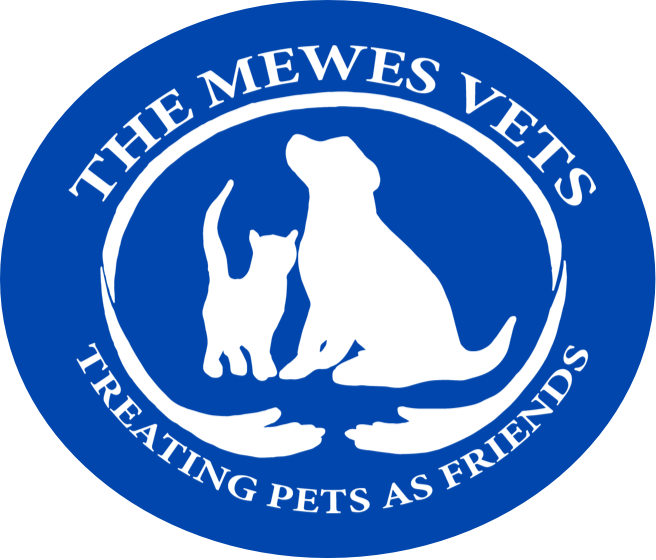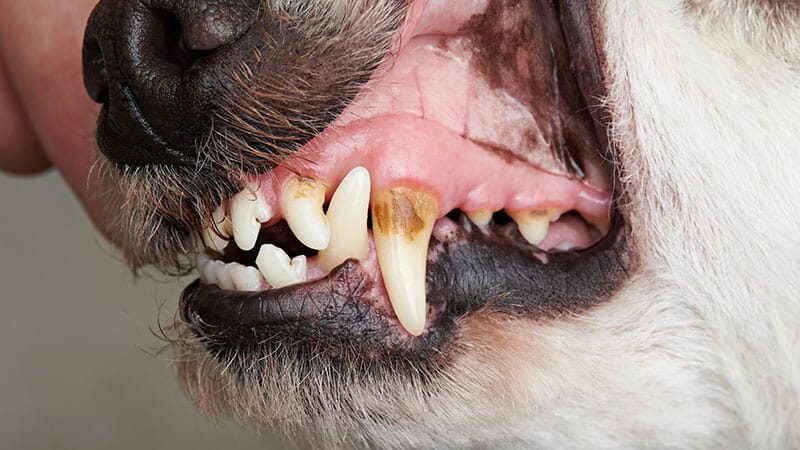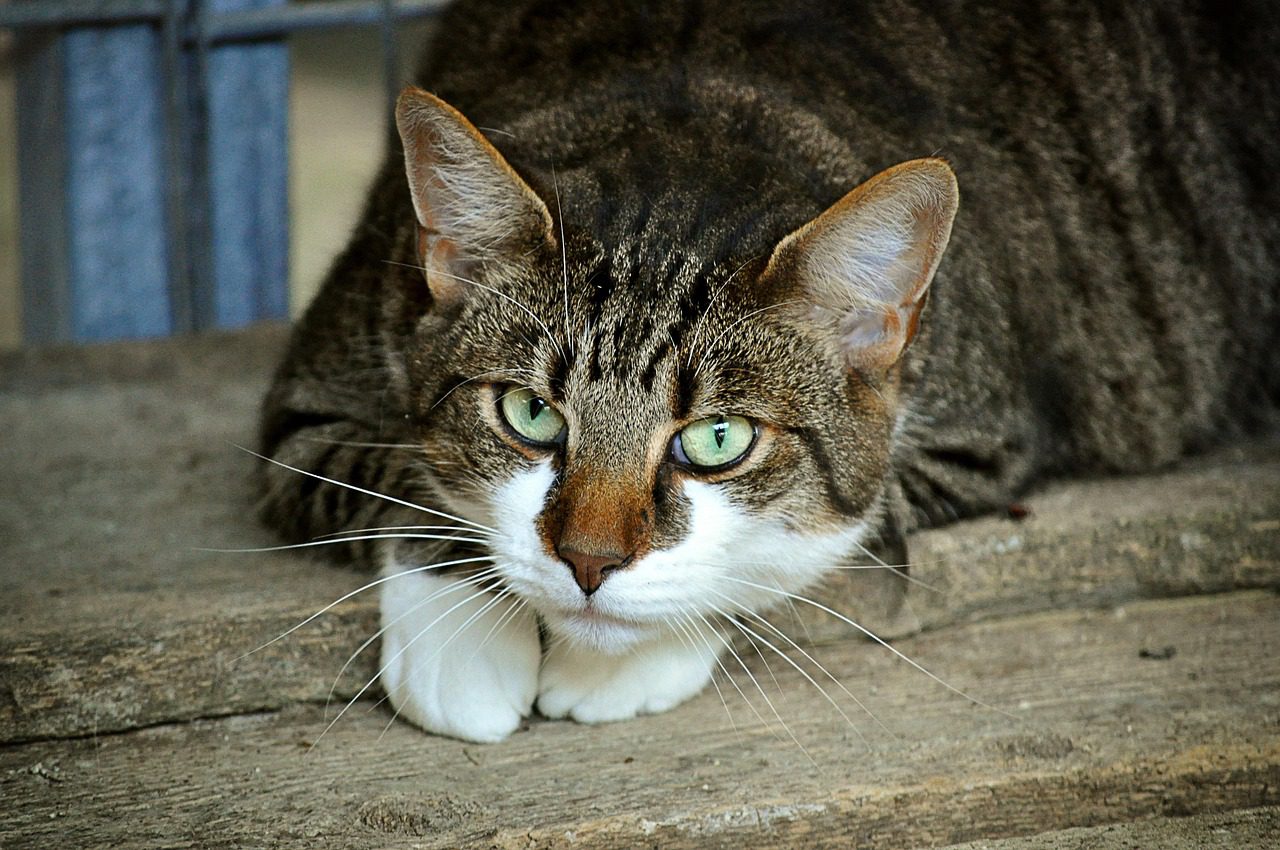This is the time of year when birds are rearing their young.
We receive a great many calls from good Samaritans anxious about young birds, so I thought
it might be helpful to draw attention to the RSPCAs online advice on this.
Parent birds are much better at caring for their babies than even experienced well meaning
people are. So, if you find a baby bird on the ground that seems in distress or at risk, keep
your pets away, and follow these RSPCA guidelines.
Be careful as well about current government guidelines around avian flu. It may be illegal to
touch certain species of wild bird. Check online first.
If the baby bird you have found has no feathers, it is called a nestling. Ideally you should
locate its nest and gently replace it, without getting your scent onto it. Double check other
nestlings in the nest look the same.
If you cannot locate the nest, or it’s damaged, you can try making a replacement nest. There
are instructions online about how to do this.
If you find a baby bird on the ground that has feathers, we call it a fledgling.
It is normal to occasionally notice these on the ground, as this is part of their learning to fly
process. Just keep your own pets away from them. The parent birds are usually nearby and
still feeding them whilst on the ground.
If they are in immediate danger, you can move them to a safer place that is still accessible to
the parent birds. But only move them the minimum short distance to keep them out of
harm’s way.
If you own a cat, dog or rabbit you might like to know how to act in an emergency. We have
a couple of places left on our first aid course for pet owners. It’s being held on Monday 6th
June at 6.30pm at The Yews Community Centre.
Pre-booking is essential by next Monday 30th June.
In just ninety minutes I will provide you with the skills you will need to support your pet in
an emergency situation, including CPR. It costs just £24.00, and has already saved lives. To
find out more themewesvets.co.uk/events




